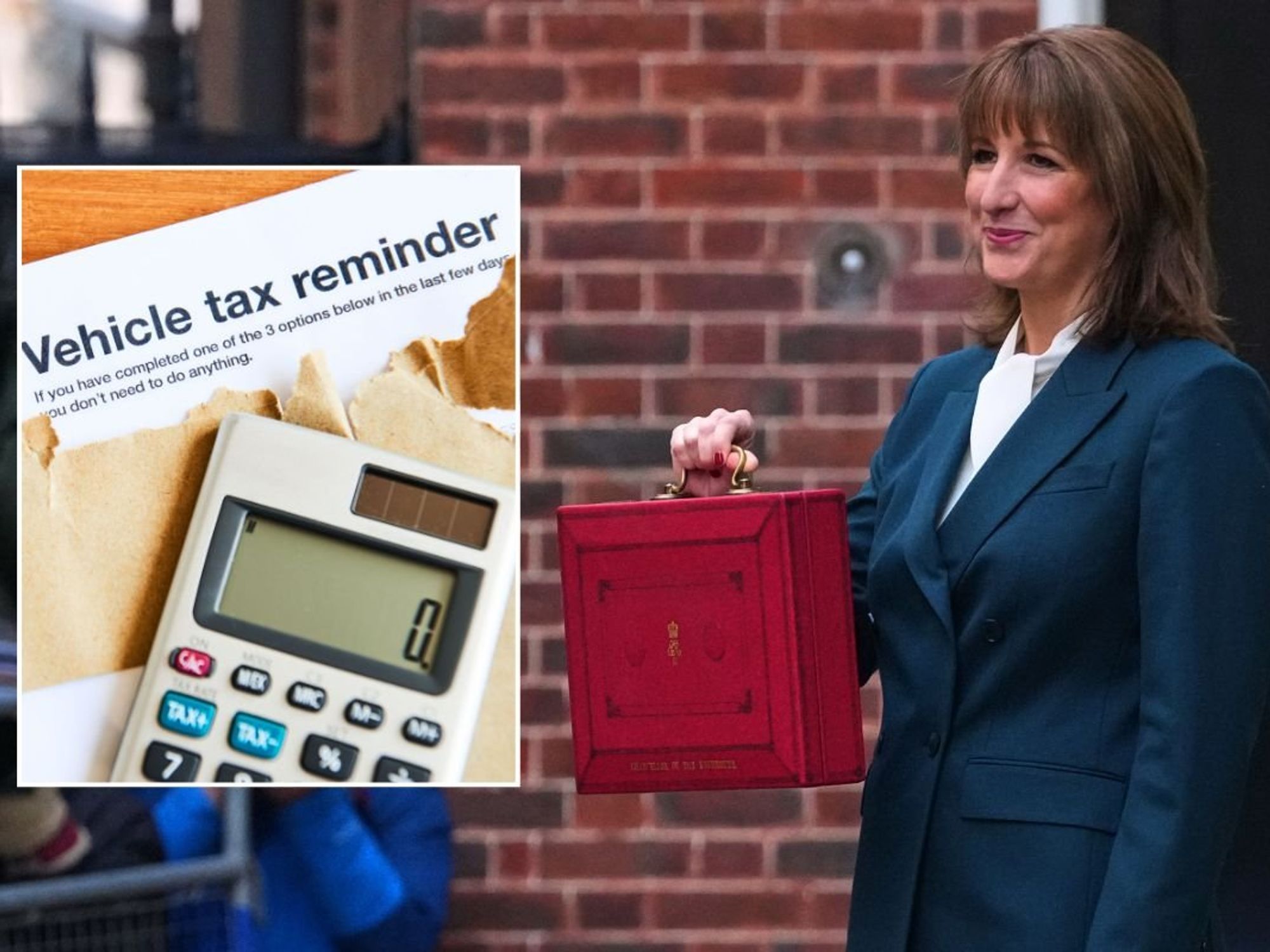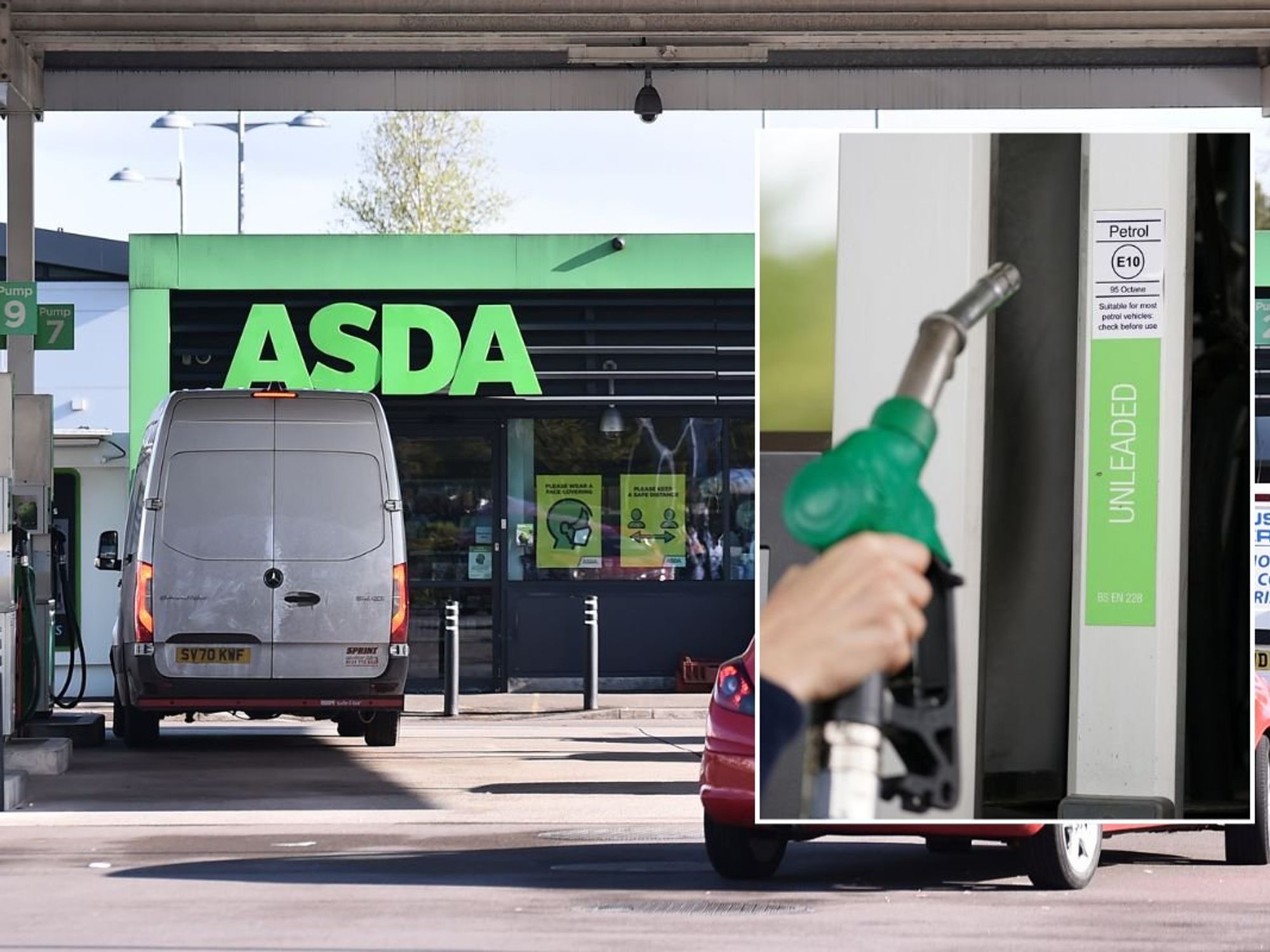UK economic growth slows to 0.1% in February
The UK's gross domestic product is now 1.5 percent above its pre-pandemic level, according to the Government
Don't Miss
Most Read
Latest
It comes despite a strong resurgence of both inbound and outbound tourism activity – including travel agencies, hotels, and tour operators.
The figure of 0.1 percent for February falls short of the 0.3 percent growth predicted by most analysts.
Growth has slowed sharply since January, when gross domestic product (GDP) jumped by 0.8 percent.
This came as people returned to normal life following a surge in Omicron rates in December 2021.
Data from the Office for National Statistics (ONS) showed that monthly GDP is now 1.5 percent above its pre-pandemic level of February 2020.
But despite a rise in tourism, the economy was dragged down by a fall in production, which slipped by 0.6 percent and construction, which fell by 0.1 percent, according to the ONS.
Growth was also hampered by the reduction in the NHS Test and Trace and vaccine programmes, which made a strong contribution to GDP at the start of the year.
The impact of deadly storms Dudley, Eunice and Franklin may have also weighed on economic growth, the ONS said.
The report says: "Most of those reporting a negative impact were in service industries with comments received from businesses operating in areas including accountancy, leisure parks and holiday centres, photography, hairdressing and beauty, leasing of construction equipment, restaurants and takeaways, and marquee hire.
"However, some businesses reported a positive impact on turnover such as those working in fencing, torch sales, and temporary off-grid power."
Suren Thiru, head of economics at the British Chambers of Commerce (BCC), said: “While economic output continued to rebound in February, the significant slowdown in growth indicates that the UK economy was losing steam even before the impact of Russia’s invasion of Ukraine.
“Tourism-related industries and accommodation services recorded the strongest improvements in the month as the end of Plan B restrictions, and reduced concerns over Omicron, supported activity.
“However, this was mostly offset by a significant drop in NHS Test and Trace services and vaccine activity as well as declines in industrial and construction output.
“February’s slowdown is likely to be the start of a prolonged period of considerably weaker growth as rising inflation, surging energy bills and higher taxes increasingly damages key drivers of UK output, including consumer spending and business investment.”











